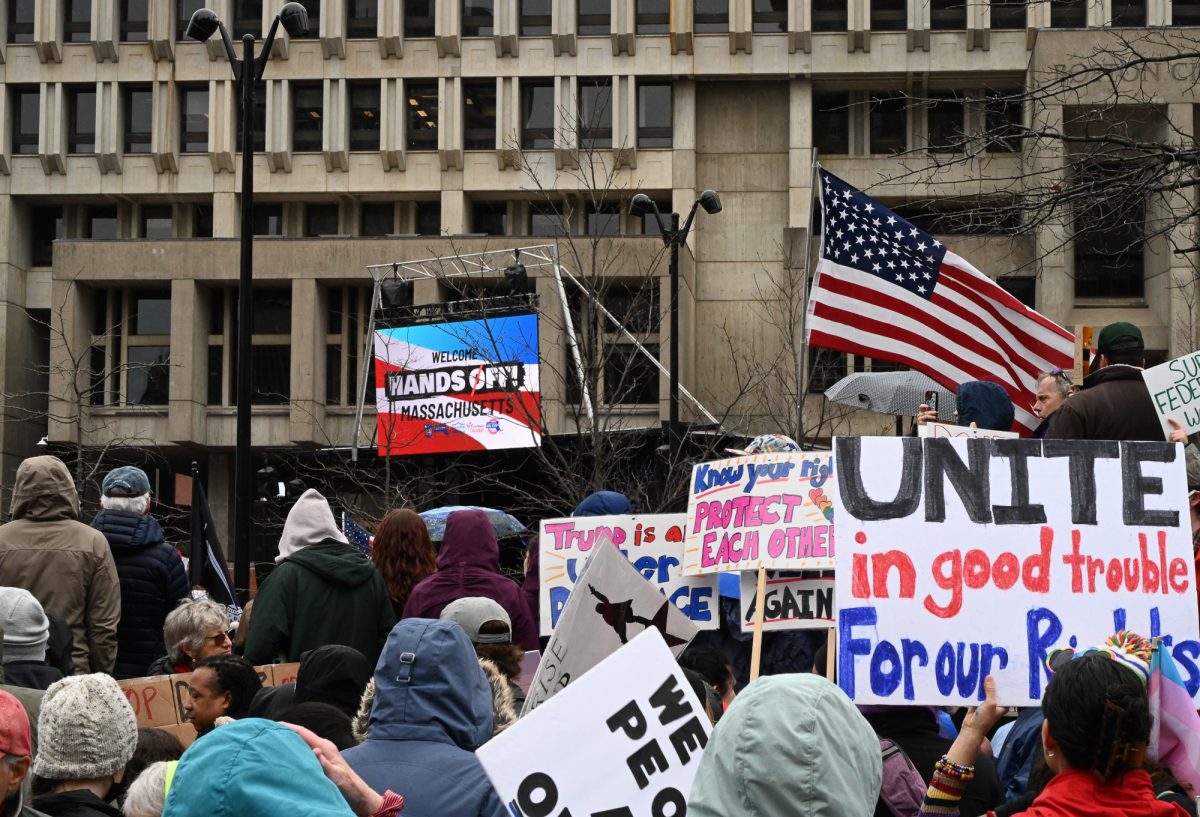
As the July 1 rollout date for legal recreational marijuana commerce in Massachusetts approaches, the ideological divide between communities that have embraced commercial marijuana and those that have not is growing ever more pronounced.
Some municipalities have implemented bans on marijuana, while others have blocked the use of marijuana via local zoning policies and host community agreements, said James Smith, the founding partner of Smith, Costello & Crawford, a Massachusetts-based cannabis public policy firm.
The statute created after the November 2016 ballot question legalizing marijuana in the state gave authority to localities to provide permission for a cannabis facility to open, Smith said. The host community agreements mandated by the statute allow communities to easily veto the presence of marijuana retailers.
“Nobody is required to sign the host community agreement,” Smith said. “You can’t really force anybody to put their signature on any piece of paper anywhere.”
Smith said that even if a cannabis vendor is granted a retail permit, the permit is often for space in an industrial park rather than in a main shopping area, thereby intentionally hampering the ability of the business to attract customers and generate revenue.
Comparing Boston to Denver, a city of comparable size, where recreational marijuana retailers were able to open in 2014, Smith said Denver already has hundreds of cannabis retailers. Due to community pushback, he said he did not expect Boston to have even 50 by the end of 2018.
Will Luzier, the Massachusetts political director for the Marijuana Policy Project, said many of the arguments against marijuana commercialization have been based on fears caused by 80 years of prohibitionist propaganda.
“Once communities see that this commerce is not evil, more communities will be accepting of it, and more communities will be accepting of the revenue that it generates,” he said.
Kamani Jefferson, president of the Massachusetts Recreational Consumer Council, said these fears are based on a lack of understanding about the cannabis plant. Jefferson said the only way to combat such internalized fear is through education and reminding cannabis opponents that illegal marijuana is already widely available and used.
Smith agreed that marijuana is misunderstood and that concerns about it being a gateway drug have been proven incorrect.
However, Jody Hensley, policy advisor at the Massachusetts Prevention Alliance, said there were many good reasons for communities to opt out of allowing legal marijuana commercialization in their neighborhoods, such as the drug’s continued illegality under federal law and the potential for increased use after legalization.
Hensley also said she was concerned that the legalization of cannabis retail would lead to a strong and influential cannabis industry like the big tobacco industry of the 20th century, which caused almost half of the United States adult population to smoke cigarettes.
“We don’t want the cannabis industry to get so powerful and so entrenched that it drives supply and use rates to epidemic levels like big tobacco did,” she said.
However, Jim Borghesani, the Massachusetts spokesperson for the MPP, said through legalizing marijuana retail, communities actually make cannabis products safer by ensuring they are tested and regulated before being sold by businesses that are required to check identification. By preventing legalized commerce, he said, communities were continuing to allow the dangers of illegal sales.
“[Communities that block legalization will] guarantee that criminals stay in business, and they’ll guarantee that consumers have to go to dangerous environments to purchase their product and they’ll guarantee that cannabis purchases are also exposed to more dangerous products like heroin and fentanyl and other opiates,” Borghesani said. “You can’t overdose on marijuana, but you certainly can on opiates,” he said.
Addressing municipal opposition will be difficult, Borghesani said, adding that the best way to ensure the establishment of recreational cannabis vendors was to elect local officials who would promote such interests.





















































































































